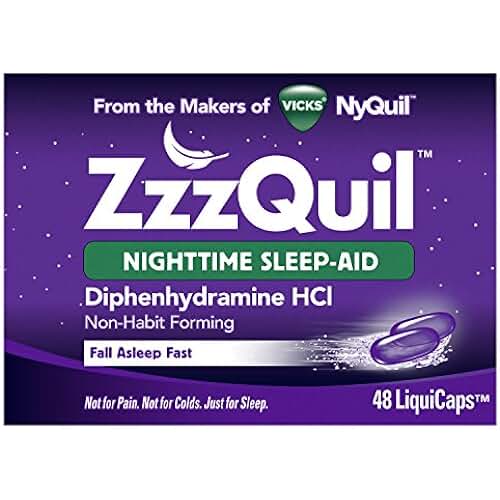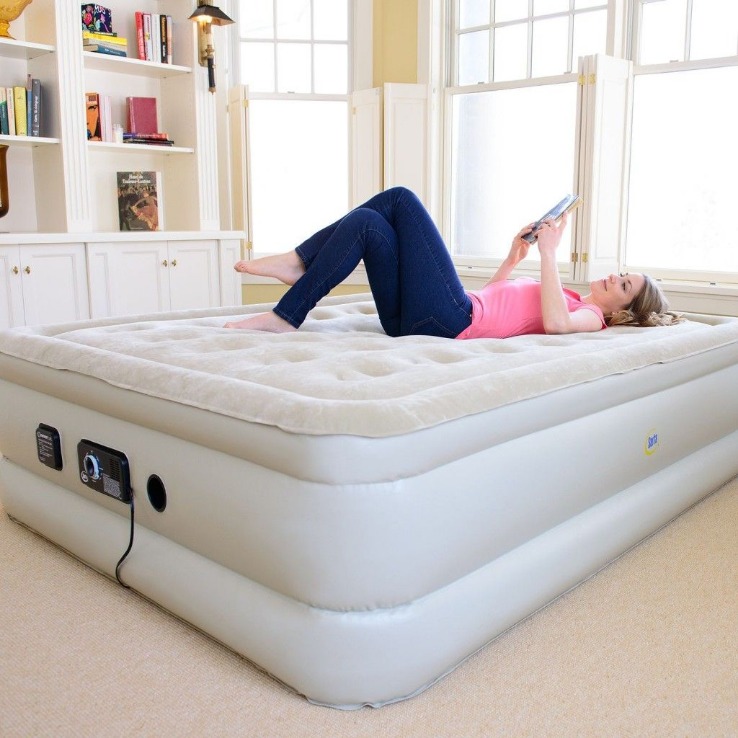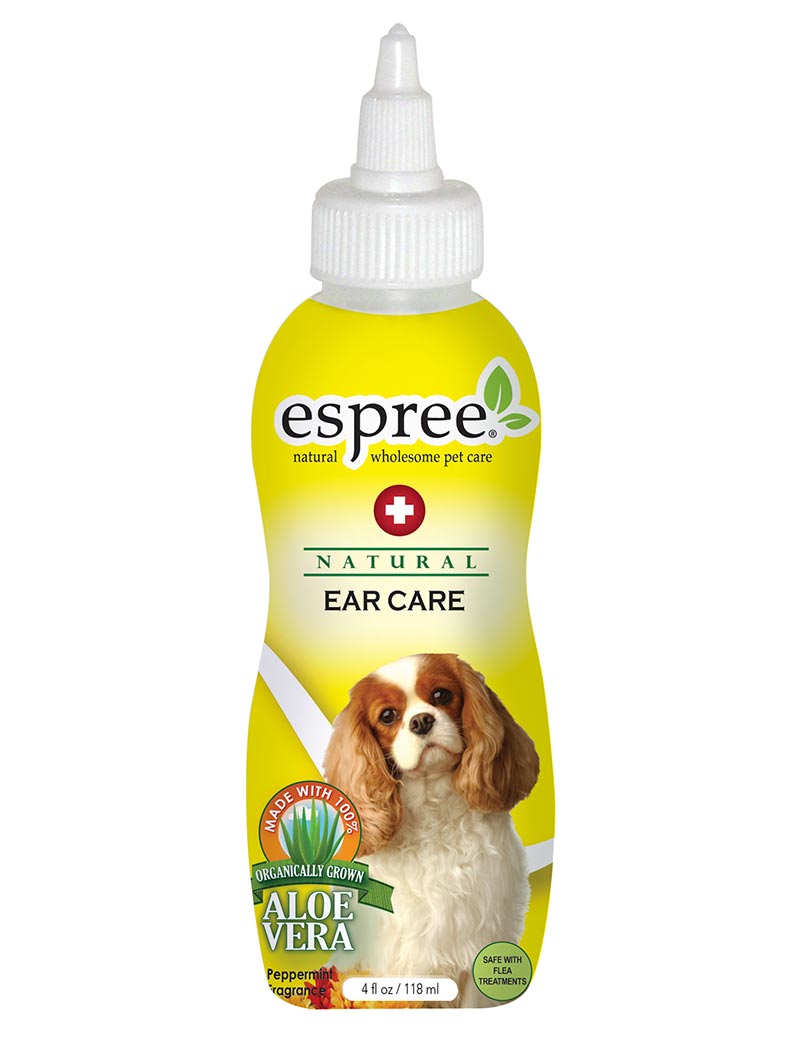Experiencing drooling during sleep is more common than many might assume. While it might seem like a minor inconvenience, it can cause discomfort or embarrassment for some. Learning how to stop drooling in your sleep involves understanding the underlying reasons and implementing practical solutions. Here’s a guide to help you maintain a drool-free slumber.
Identify the Root Cause
Before diving into solutions, it is essential to pinpoint the exact reason causing the issue:
Sleeping Position
One of the primary causes of drooling is your sleeping position. Those who sleep on their side or stomach are more likely to drool compared to back sleepers. Gravity plays a role here; saliva has an easier route to escape from your mouth in these positions.
Allergies and Sinus Issues
Allergies, colds, or sinus infections can lead to increased saliva production. If your nasal passages are blocked, you might breathe through your mouth, increasing the chances of drooling.
Medications
Read more about how to stop drooling in your sleep here.
Some medications can cause increased saliva production as a side effect. If you suspect this might be the cause, consult with your healthcare provider.
Practical Solutions
Once you’ve identified the potential reasons, here are actionable steps to curb the problem:
Adjust Your Sleeping Position
Switching to sleeping on your back can significantly reduce drooling. Consider using pillows to maintain this position throughout the night.
Stay Hydrated
Ensuring you’re well-hydrated can help manage saliva production. Aim to drink sufficient water throughout the day, but reduce intake just before bedtime to avoid nighttime trips to the bathroom.
Elevate Your Head
Prop up your head with an extra pillow or two. Elevating your head can minimize saliva pooling in the mouth and encourage it to flow down the throat.
Treat Allergies and Sinus Issues
If allergies or sinus problems are the culprits, consider using a humidifier, saline nasal sprays, or over-the-counter allergy medications.
Consult a Healthcare Professional
If you suspect specific medications are causing increased drooling, discuss with your doctor about potential alternatives. They may also identify other underlying health issues contributing to excessive drooling.
Behavioral Changes and Long-Term Solutions
Practice Breathing Exercises
Training yourself to breathe through your nose can be beneficial. Breathing exercises or practicing mindfulness may help in this endeavor.
Review Oral Hygiene
Good oral hygiene can sometimes assist in managing drooling issues. Regularly brushing your teeth, using mouthwash, and ensuring your oral cavity remains clean can make a difference.
Reduce Stimulant Intake
Cut down on caffeine and alcohol, especially close to bedtime. These stimulants can affect saliva production and overall sleep quality.
Conclusion
Understanding how to stop drooling in your sleep requires a blend of identifying causes and implementing practical solutions. By adjusting sleeping positions, maintaining proper hydration, and addressing any underlying health issues, one can significantly reduce or even prevent nighttime drooling. For chronic cases, seeking expert advice is always a good step toward achieving peaceful, dry slumbers.





